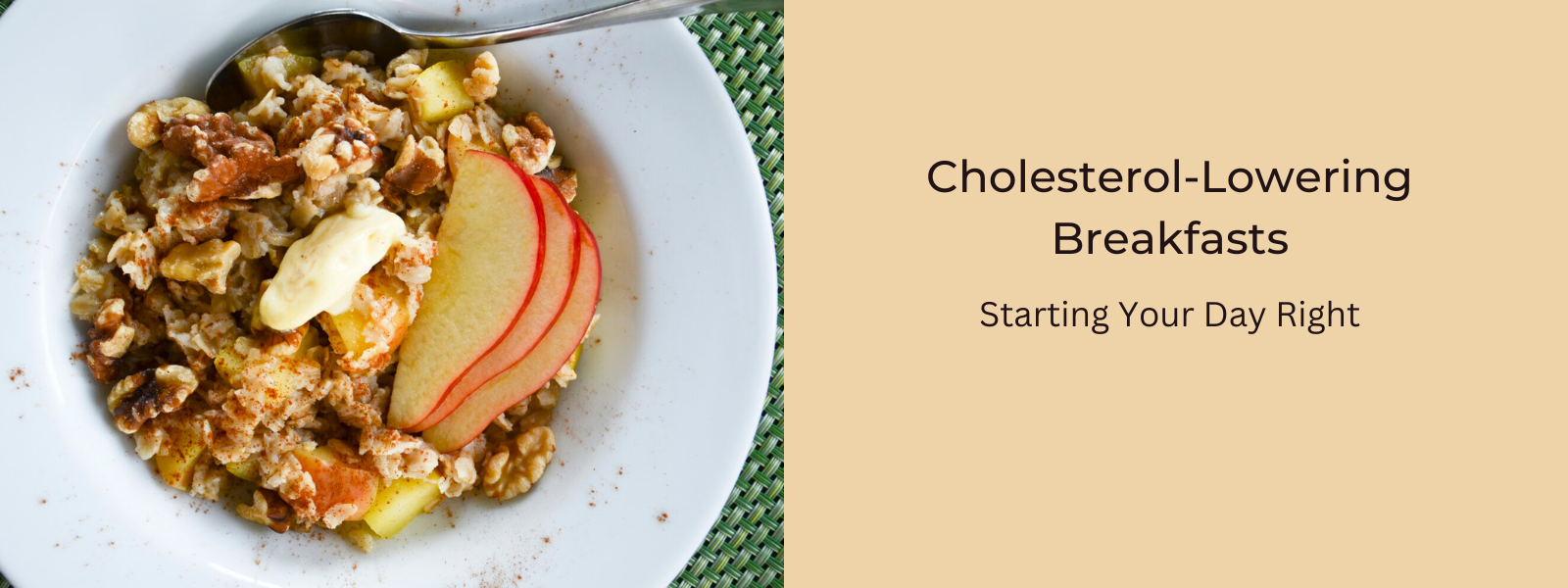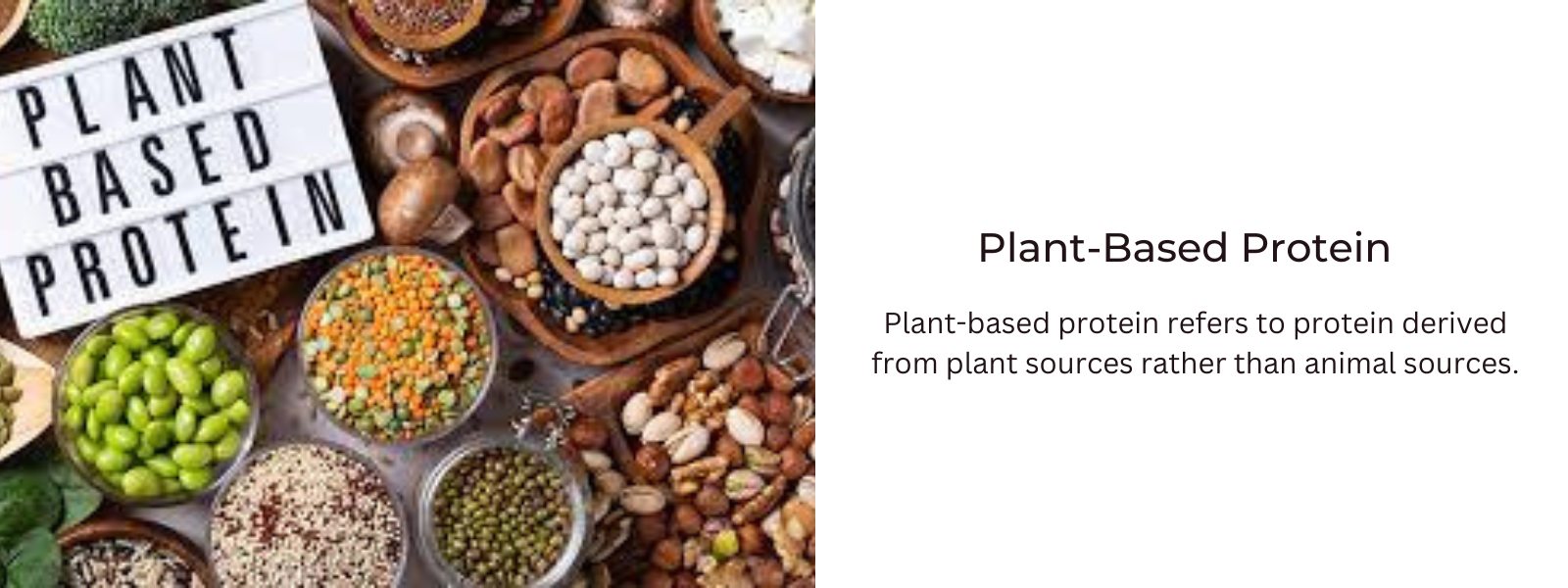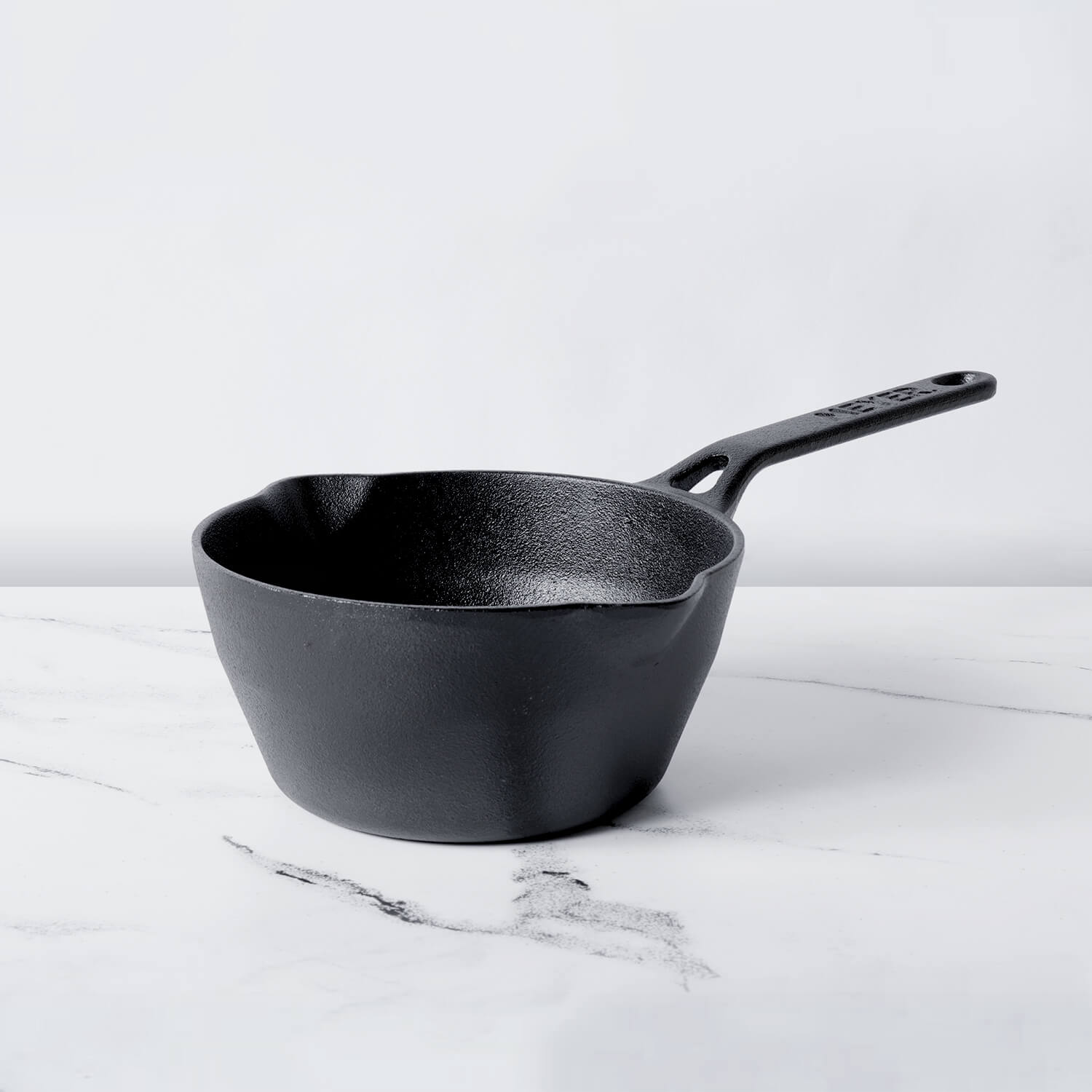Cholesterol-conscious cooking is a dietary approach aimed at managing cholesterol levels and promoting heart health through mindful ingredient selection and cooking techniques. This culinary philosophy emphasizes incorporating plant-based foods rich in soluble fiber, such as fruits, vegetables, whole grains, legumes, nuts, and seeds, which help lower LDL cholesterol levels. Choosing healthy fats like olive oil, avocado, and fatty fish over saturated and trans fats is essential for improving cholesterol profiles. Lean protein sources such as poultry, fish, legumes, and tofu are favored to minimize saturated fat intake. Cooking methods that require minimal added fats, such as steaming, baking, grilling, or broiling, are preferred over frying. Seasoning dishes with herbs, spices, and citrus zest adds flavor without relying on excessive salt or high-fat sauces. By adopting cholesterol-conscious cooking practices, individuals can enjoy delicious and nutritious meals while supporting heart health and managing cholesterol levels effectively.
Table of Contents
Understanding Cholesterol and Dietary Choices:
Cholesterol is a fatty substance found in the blood, and high levels of LDL (low-density lipoprotein) cholesterol can increase the risk of heart disease. Dietary choices play a significant role in cholesterol levels, making it essential to adopt cooking strategies that prioritize heart-healthy ingredients and cooking methods.
Key Principles of Cholesterol-Conscious Cooking:
- Emphasize Plant-Based Foods: Incorporating a variety of fruits, vegetables, whole grains, legumes, nuts, and seeds into meals forms the foundation of a cholesterol-conscious diet. Plant-based foods are naturally low in cholesterol and saturated fats while being rich in fiber, antioxidants, and other nutrients that support heart health.
- Choose Healthy Fats: Opt for sources of unsaturated fats, such as olive oil, avocado, nuts, and fatty fish like salmon and mackerel. These fats can help raise HDL cholesterol levels and improve overall heart health. Limit or avoid saturated and trans fats found in processed foods, red meat, and full-fat dairy products, as they can raise LDL cholesterol levels.
- Incorporate Soluble Fiber: Foods rich in soluble fiber, such as oats, barley, legumes, fruits, and vegetables, help lower LDL cholesterol levels by binding to cholesterol in the digestive tract and promoting its excretion from the body. Including these foods in meals can have a beneficial effect on cholesterol management.
- Use Lean Protein Sources: Choose lean protein sources such as skinless poultry, fish, legumes, tofu, and low-fat dairy products to minimize saturated fat intake. Incorporating these protein sources into meals provides essential nutrients without contributing to elevated cholesterol levels.
Cholesterol-Conscious Cooking Tips and Tricks:
- Cook with Heart-Healthy Oils: Use heart-healthy oils like olive oil or canola oil for sautéing, roasting, and dressing salads. These oils are rich in monounsaturated fats and can help improve cholesterol profiles when used in moderation.
- Steam, Bake, or Grill Instead of Frying: Opt for cooking methods that require minimal added fats, such as steaming, baking, grilling, or broiling. These methods help retain the natural flavors and nutrients of foods without the need for excessive oils or fats.
- Season with Herbs and Spices: Enhance the flavor of dishes with herbs, spices, and citrus zest instead of relying on salt, butter, or high-fat sauces. Fresh herbs like basil, cilantro, and parsley add vibrancy to dishes while boosting antioxidant content.
- Swap Ingredients for Healthier Alternatives: Replace high-fat ingredients with healthier alternatives in recipes. For example, use mashed avocado instead of butter or mayo in sandwiches, or substitute Greek yogurt for sour cream in dips and dressings.
Importance Of Cholesterol-Conscious Cooking:
Cholesterol-conscious cooking holds significant importance in promoting heart health and managing cholesterol levels effectively. By adopting this approach, individuals can make informed dietary choices that prioritize ingredients and cooking methods known to support cardiovascular wellness. High levels of LDL (low-density lipoprotein) cholesterol can increase the risk of heart disease, making it crucial to focus on incorporating foods rich in soluble fiber, such as fruits, vegetables, whole grains, legumes, nuts, and seeds, which help lower LDL cholesterol levels. Choosing healthy fats like olive oil, avocados, and fatty fish over saturated and trans fats further contributes to improving cholesterol profiles and overall heart health. Lean protein sources are preferred to minimize saturated fat intake. Additionally, by utilizing cooking methods that require minimal added fats, such as steaming, baking, grilling, or broiling, individuals can reduce the intake of unhealthy fats while retaining the nutritional integrity of foods.
Conclusion:
Cholesterol-conscious cooking involves making mindful choices about ingredients, cooking methods, and portion sizes to support heart health and manage cholesterol levels. By emphasizing plant-based foods, choosing healthy fats, incorporating soluble fiber, and using lean protein sources, individuals can enjoy flavorful and nutritious meals that promote cardiovascular wellness. Implementing cooking tips and tricks such as using heart-healthy oils, choosing cooking methods that require minimal added fats, seasoning with herbs and spices, and swapping ingredients for healthier alternatives can further enhance the nutritional quality of meals. With a focus on cholesterol-conscious cooking, individuals can take proactive steps toward achieving optimal heart health and overall well-being.










Leave a comment